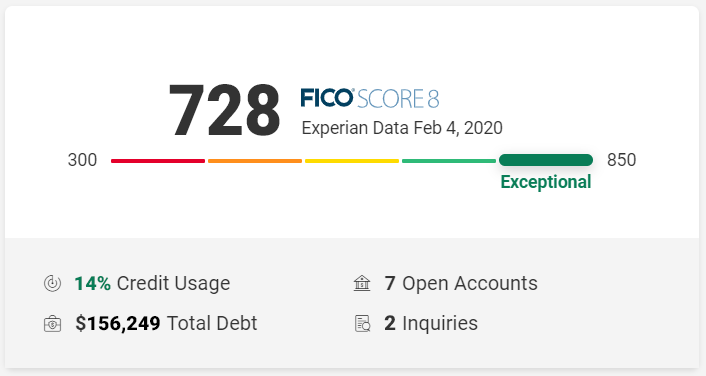Here are a few of the most typical examples: when someone buys a home prior to selling their existing home. When the previous home offers the net proceeds from the sale which can be figured out from our seller's net sheet calculator can be applied to the brand-new home mortgage for a recast.
A primo scenario is if they receive a swelling sum retirement payout through a golden parachute. They can use those profits to decrease the home mortgage payment responsibility via the recast.: like Tommy in out example above, somebody may have an abundance of liquid cash and would prefer a lower month-to-month obligation.
They mainly exist with 2nd lien mortgages and small banks. Prepayment payments are charges examined by a home loan holder for being paid off too quickly. These home loan business wish to guarantee they're generating income for releasing a loan. Some prepayment charges can be released even for a deposit (i.
If you're seeking to save cash on your mortgage, you have a number of alternatives. Refinancing and modifying a home loan will both https://articlescad.com/what-does-what-is-the-highest-interest-rate-for-mortgages-do-672196.html bring cost savings, consisting of a lower monthly payment and the potential to pay less in interest costs. But the mechanics are various, and there are pros and cons with each technique, so it's crucial to select the ideal one.
What's the difference between recasting and refinancing your home loan? Let's compare and contrast. happens when you make modifications to your existing loan after prepaying a considerable amount of your loan balance. For example, you may make a significant lump-sum payment, or you might have added additional to your month-to-month mortgage payments over the years putting you well ahead of schedule on your debt repayment. mortgages or corporate bonds which has higher credit risk.
Fascination About Who Took Over Abn Amro Mortgages
Because your loan balance is smaller sized, you also pay less interest over the staying life of your loan. takes place when you make an application for a new loan and use it to change an existing home loan. Your brand-new lending institution settles the loan with your old lender, and you pay to your new lending institution going forward.
The main benefit of recasting is simpleness. Your lending institution might have a program that makes modifying much easier than making an application for a new loan. Lenders charge a modest fee for the service, which you need to more than recover after a number of months of enhanced cash flow. Getting approved for a recast is different from certifying for a brand-new loan, and you may get approved for a recast even when refinancing is not possible for you.
You may not need to supply evidence of income, file your possessions (and where they originated from), or make sure that your credit report are devoid of problems. Lenders might require that you prepay a minimum amount prior to you get approved for modifying. Federal government programs like FHA and VA loans typically don't get approved for recasting.
When you recast a loan, the interest rate normally does not change (but it often alters when you re-finance). A number of inputs determine your regular monthly payment: The variety of payments staying, the loan balance, and the rate of interest. However when you recast, your lending institution only alters your loan balance. Note that modifying a loan is not the very same as loan modification.

Like recasting, refinancing also lowers your payment (typically), but that's because you re-start the clock on your loan. The main factors to refinance are to secure a lower monthly payment, alter the features on your loan, and possibly get a lower rate of interest (however lower rates might not be offered, depending on when you obtain).
3 Simple Techniques For What Are The Interest Rates For Mortgages For First Time Home Buyers
You might need to pay closing costs, consisting of appraisal fees, origination costs, and more. The biggest cost might be the additional interest you pay. If you extend your loan over a long period of time (getting another 30-year loan after paying down your existing loan for a number of years), you need to begin from scratch.
A new long-lasting loan puts you back in those early, interest-heavy years. To see an example of how you pay principal and interest, run some numbers with a loan amortization calculator. If you actually wish to conserve cash, the very best choice might be to pass on recasting and refinancing. Rather, pay extra on your mortgage (whether in a lump-sum or gradually), and prevent the temptation to change to a lower month-to-month payment.
If you re-finance, you might really settle your loan behind you were going to originally, and you keep paying interest along the method. If you pay extra occasionally and continue making the original month-to-month payment, you'll save money on interest and settle your home loan early.